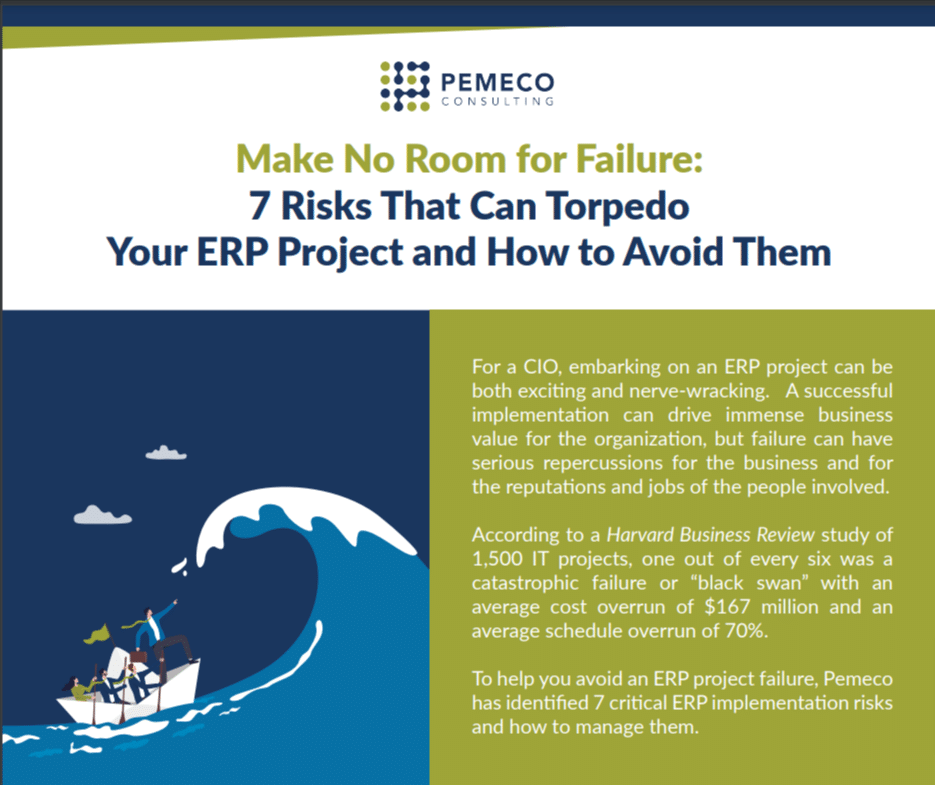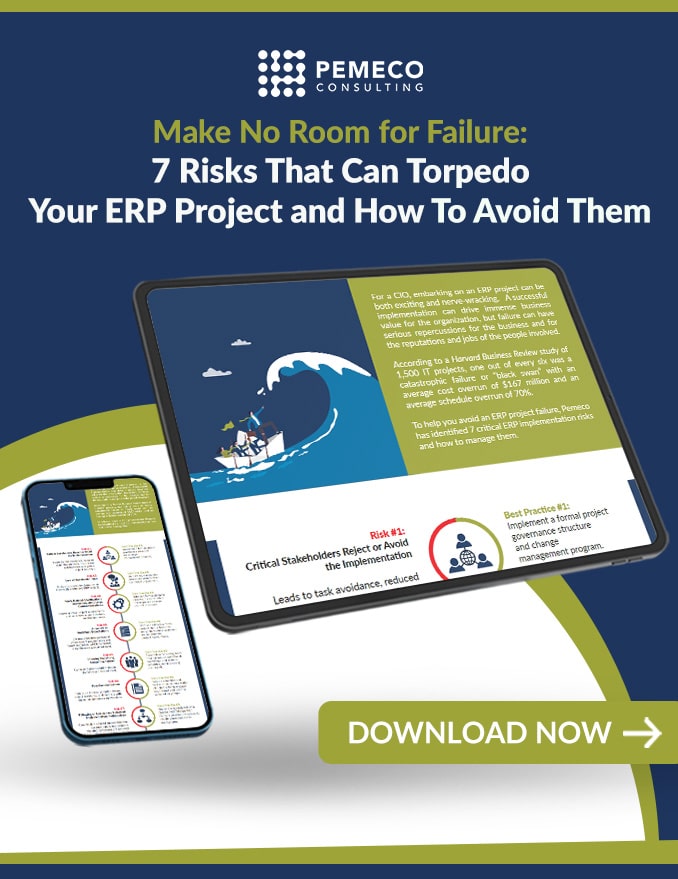First, I need to make it clear that I have no fundamental issue with IT resale or referral arrangements. In fact, I believe that these arrangements play an important role in the IT economy provided that:
- The consultant is fully transparent about its relationship with the vendor, and
- The consultant is not providing system selection services.
I take issue when a consulting firm disregards either of the above principles. From a transparency perspective, I have a real problem with the discrete, hush-hush dealings that take place between so many vendors and consultants. From aselection services perspective, I believe that any selection project run by a consultant whose pockets are being lined by a vendor is nothing more than a sham. In my view, it is comparable to a lawsuit where one of the parties pays off the presiding judge.
Sommer would probably agree with my opinions, above. In his article, he also states that consultants paid by vendors should not be in the system selection business. He explains that these referral fees are paid precisely because the vendor is steering business to another firm. As a result, the selection advisor becomes biased towards the paying alternatives and incapable of rendering an impartial recommendation.
I also believe that Sommer’s views apply to the project management component of ERP implementations. A vendor or reseller’s senior implementer is incapable of rendering an unbiased recommendation when the interests of the software company come into conflict with the interests of the implementing organization.
For example, every implementing company ends up facing a decision as to whether it should either: 1) customize the ERP software to meet the company’s business process needs, or 2) restructure the company’s business processes to comply with standard ERP functionality. The implementers supplied by the ERP vendor or reseller are incentivized to recommend alternative #2. The incentives oftentimes have to do with the fact that the implementing reseller of vendor is generally responsible for providing future maintenance and support. Customizations complicate their future maintenance service obligations.
Now, I do not want to be understood as saying that alternative #2 should never be selected. Rather, what I am saying is that alternative #2 should only be selected when it is in the implementing organization’s best interests.
The moral of the story is that every selection and implementation project introduces decision points where the buyer requires unbiased advice. In those situations, the buyer should ensure that its advisors are unaligned and un-conflicted.
At Pemeco, we are 100% independent, impartial and vendor agnostic. In no way do we stand to gain any direct or indirect benefit from vendors or resellers. By putting all of our revenue eggs in the undiversified client services basket, we force ourselves to 1) always act in our clients’ best interests, and 2) continually exceed our clients’ expectations.
If you would like to learn more about our philosophy on independence or about our services, feel free to email me at [email protected].






